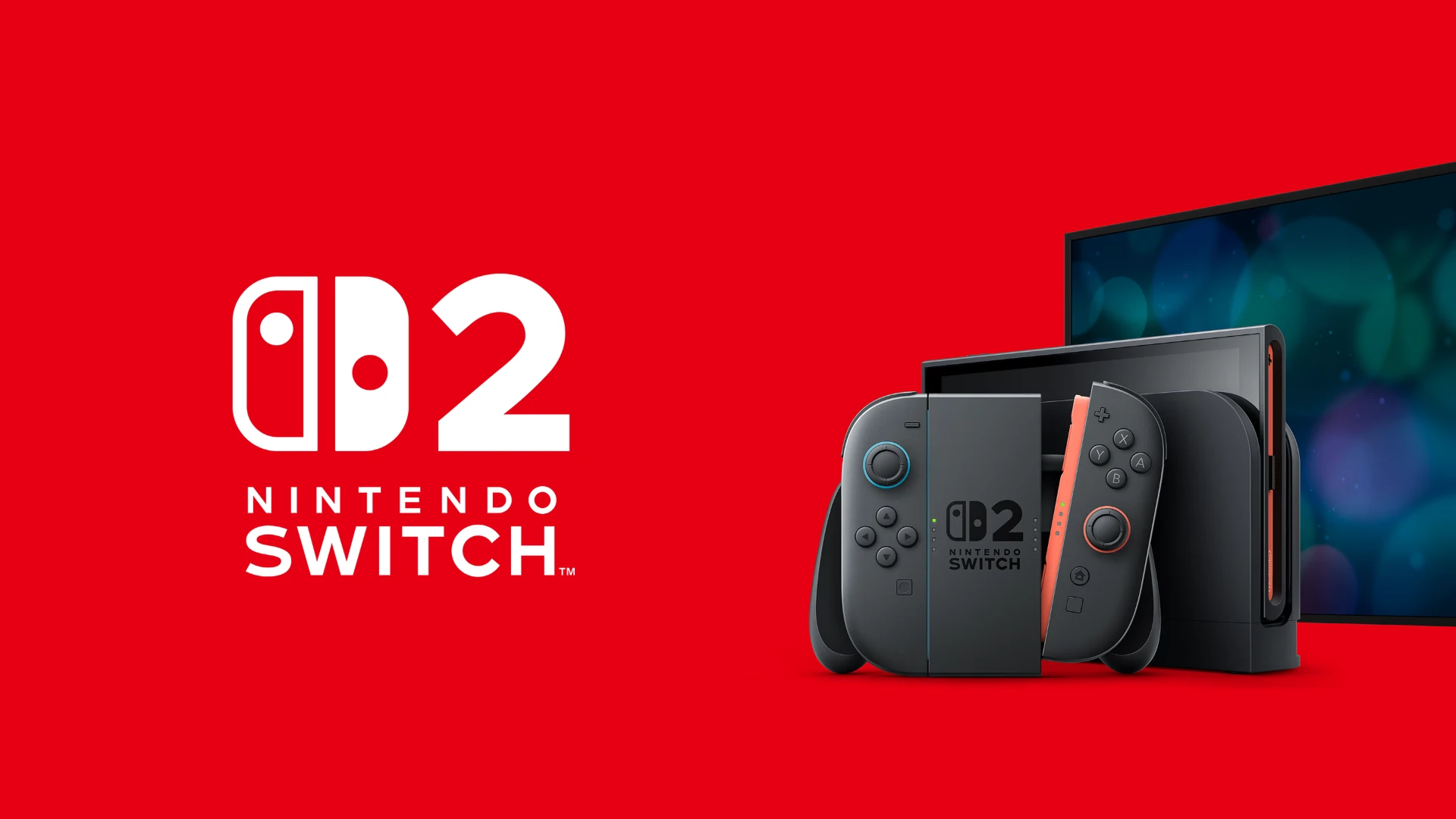Japanese company Nintendo is facing unexpectedly high demand for its upcoming gaming console, the Switch 2, which may lead to supply shortages at launch. Despite earlier statements assuring sufficient stock for the initial release, the company now admits that the actual demand has outpaced forecasts, reports the Baltimore Chronicle, citing Нeise medien.
In Japan, the number of pre-order applications submitted through the official My Nintendo Store reached 2.2 million—far more than the number of units available at launch. Nintendo President Shuntaro Furukawa confirmed that not all customers will receive their consoles by the official release date of June 5. Those who do not secure a unit in the initial round will automatically be entered into a second lottery.
In the United States, pre-orders for the Switch 2 began on April 24, but stock at major retail chains including Walmart, Best Buy, Target, and GameStop was quickly depleted. Nintendo is offering a limited number of pre-orders through its own channel, which is available only to users with an active Nintendo Switch Online subscription and a minimum of 50 hours of playtime on the original console. The first invitations for pre-orders will be sent out on May 8, but due to overwhelming demand, some buyers may not receive their consoles on launch day.
The U.S. retail price for the Switch 2 is set at $449.99. Prices for related accessories, such as new Joy-Cons, Pro Controllers, and others, have also increased. In Japan, two versions of the console are available: a standard edition priced at ¥49,980 (around $350), and a multilingual exclusive edition priced at ¥69,980 (approximately $500), which can only be purchased through the official store.
Nintendo plans to ship up to 20 million units of the Switch 2 by 2025, surpassing the original Switch’s sales during its first two years. However, the company acknowledges that even these volumes may fall short of demand, particularly during the holiday season.
Earlier we wrote that Apple moved 1.5 million iPhones from India to avoid Trump tariffs.

